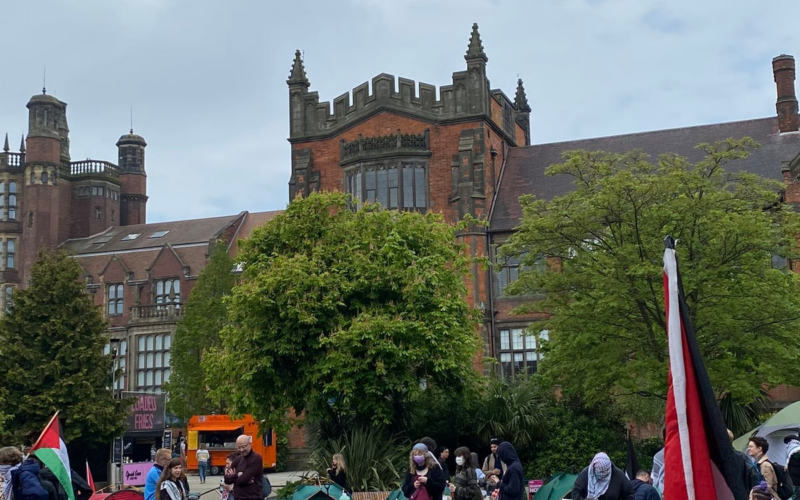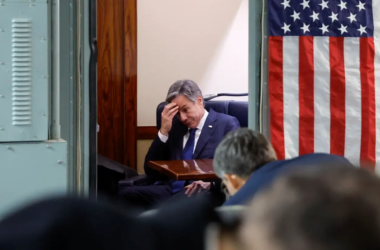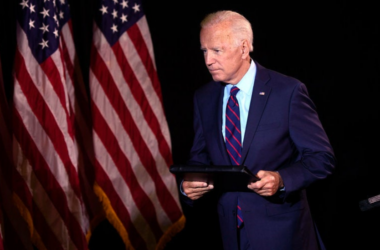Two UK universities, Nottingham and Birmingham, have been granted the authority to clear student protest encampments from their campuses. A high court judge ruled that the protesters’ human rights were not violated, allowing the universities to proceed with evictions.
The encampments were established in May to protest Israel’s invasion of Gaza. Students argued that their rights to free speech and assembly would be infringed if the camps were dismantled. However, Mr. Justice Johnson, who presided over the case, stated that there were numerous other ways for activists to exercise their right to protest without occupying university property. He concluded that the protesters were trespassing.
This ruling impacts similar protest encampments at universities across the UK, which were set up to oppose Israel’s actions in Gaza. Previous legal challenges have taken place at institutions such as the London School of Economics, Queen Mary University of London, and the University of Bristol. Many of these encampments have already closed due to legal pressures or have voluntarily shut down for the summer.
In some instances, protest groups, including those at the University of Manchester, have pledged to re-establish the encampments if the conflict persists into the new academic year. At Nottingham, lawyers for Joel Butterworth (also known as River Butterworth), the named protester, argued that the university’s actions violated its own policies and curtailed the students’ rights. However, the judge found no evidence of policy breaches by the university and stated that the protesters had violated the university’s codes by occupying its land without permission.
Mr. Justice Johnson also dismissed claims from a Birmingham protester that the eviction order constituted discrimination based on her beliefs, citing a lack of evidence to support this claim.
In a related ruling at the Royal Courts of Justice, 5,000 students suing University College London (UCL) for lost learning due to strikes and COVID-19 closures were denied a group litigation order. The judge determined that the complexity and timing of individual cases made a single action unfeasible. Instead, 10 test cases will be selected for individual trials, scheduled for early 2026.
Claimants must provide details of the disruption experienced during 43 days of strike action and the COVID-19 pandemic, including their country of residence between 2020 and 2022. Senior Master Jeremy Cook expressed concern about the mounting legal costs, noting that previous hearing expenses totaled £329,000 for UCL and £227,000 for the claimants.
Lawyers for the Student Group Claim view the UCL case as a precedent for over 150,000 current and former students at UK universities seeking compensation for COVID-19 and strike-related disruptions, such as the loss of in-person teaching.








